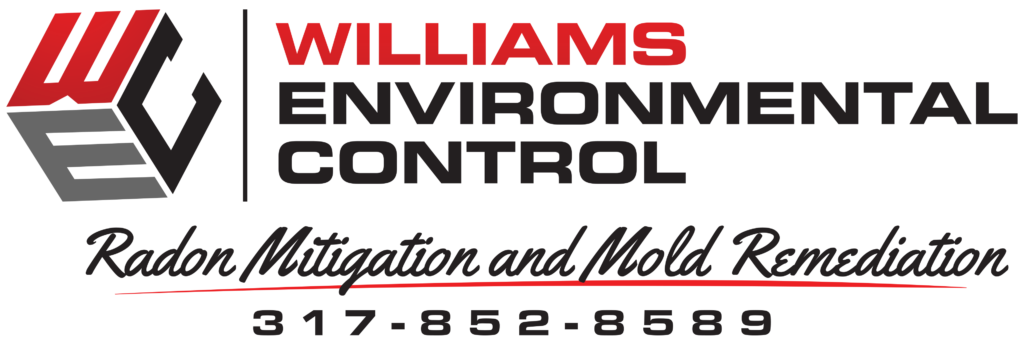Radon Specialists: Protecting Your Home and Health

Get a Consultation with a Radon Specialist Today!
317-852-8589
Radon is a colorless, odorless, and tasteless radioactive gas that occurs naturally in the environment, particularly in soil and rock. It is a leading cause of lung cancer, second only to smoking. Radon exposure can have serious health consequences, making it essential to detect and mitigate its presence in your home. This is where radon specialists come into play. In this article, we will explore the vital role of radon specialists, the dangers of radon exposure, the methods they use to detect radon, and how they can help make your home safe.
Understanding the Dangers of Radon
Radon is a radioactive gas formed when uranium in the soil and rocks decays. It can seep into homes through cracks, gaps, and other openings in the foundation. Prolonged exposure to high levels of radon can have serious health consequences. It is the second leading cause of lung cancer, responsible for over 20,000 lung cancer deaths in the United States annually, according to the U.S. Environmental Protection Agency (EPA).
Lung cancer due to radon exposure often goes undetected until it reaches an advanced stage. Radon specialists play a crucial role in reducing this risk by identifying and mitigating radon in homes.
The Role of Radon Specialists
Radon specialists are professionals trained to assess and mitigate radon levels in homes and other structures. They are equipped with the knowledge and tools necessary to identify radon sources, measure radon levels, and implement effective mitigation strategies.
Here are some key roles and responsibilities of radon specialists:

Here are some key roles and responsibilities of radon specialists:
Radon Testing: Radon specialists conduct tests to measure radon levels in homes. These tests can be short-term or long-term, depending on the homeowner’s needs.
Identifying Sources: They identify the entry points of radon into a building, such as cracks in the foundation or gaps in construction materials.
Mitigation Planning: Radon specialists develop customized mitigation plans to reduce radon levels in a specific structure.
Mitigation Installation: They install mitigation systems, such as sub-slab depressurization systems, to reduce radon concentrations to safe levels.
Post-Mitigation Testing: After mitigation, specialists perform follow-up testing to ensure that radon levels have been effectively reduced.

Radon Testing Methods
Radon specialists employ various methods to test for the presence of radon in a building. These methods can be broadly categorized into short-term and long-term testing.
Short-Term Testing: Short-term testing typically lasts from two to seven days and provides a snapshot of radon levels. This method is often used for initial radon screening. Charcoal canisters, alpha track detectors, and charcoal liquid scintillation detectors are commonly used for short-term testing.
Long-Term Testing: Long-term testing extends for a minimum of 90 days and provides a more accurate picture of year-round radon exposure. Long-term testing is preferred for making important decisions about radon mitigation. Electret ion chamber detectors and continuous radon monitors are commonly used for long-term testing.
Radon specialists choose the appropriate testing method based on the homeowner’s needs and the specific conditions of the building. After testing, they provide homeowners with detailed reports on radon levels and recommendations for mitigation if necessary.
The Importance of Professional Radon Specialists
It’s essential to emphasize that radon mitigation is not a DIY project. While there are radon test kits available for homeowners to perform preliminary tests, mitigation should always be carried out by trained professionals. There are several reasons for this:

Expertise: Radon specialists have the knowledge and training to accurately assess radon levels, identify entry points, and select appropriate mitigation methods.
Safety: Working with radon gas requires precautions and protective equipment that specialists are equipped with. It can be dangerous if not handled properly.
Local Regulations: Radon mitigation may be subject to local regulations and building codes. Specialists are well-versed in these requirements.
Certification: Reputable radon specialists are often certified by organizations like the National Radon Proficiency Program (NRPP) or the National Radon Safety Board (NRSB).
Radon is a silent and invisible threat that can have serious health consequences. Radon specialists play a critical role in protecting homes and occupants from this radioactive gas. Their expertise in testing and mitigation is essential for identifying radon sources and reducing radon levels to safe concentrations. When it comes to your health and the safety of your home, it’s worth investing in the services of a qualified radon specialist. By doing so, you can rest assured that your living environment is free from the dangers of radon exposure, reducing the risk of lung cancer and promoting a healthier and safer home.




